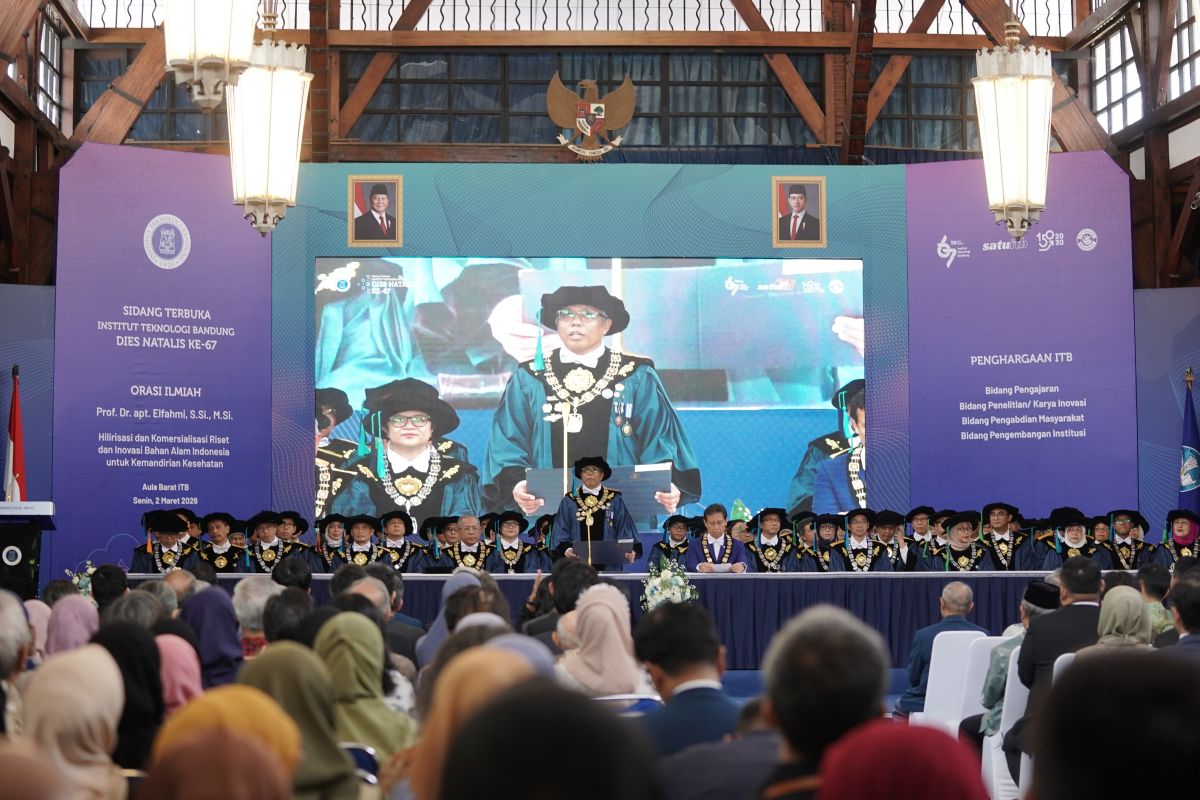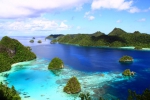Exploring Marine Renewable Energy Potential for Sustainable Blue Economy in West Java
By M. Naufal Hafizh, S.S.
Editor M. Naufal Hafizh, S.S.

BANDUNG, itb.ac.id – Institut Teknologi Bandung (ITB) and The Asahi Glass Foundation held the Grant Ceremony and Seminar on Research Findings 2024 on Monday (2/9/2024). The event featured various academic figures from ITB, including Nurrohman Wijaya, S.T., M.T., M.Sc., Ph.D., from ITB’s School of Architecture, Planning, and Policy Development (SAPPD). In his presentation titled "Assessing the Potential of Marine Renewable Energy for Blue Economy Development in West Java, Indonesia," he highlighted the significant opportunities for the development of marine renewable energy in Indonesia.
In line with Indonesia’s commitment to the Paris Agreement to reduce greenhouse gas emissions, the development of renewable energy has been increasingly prioritized. One of the energy sources currently being explored is marine energy. West Java, as the most densely populated province in Java, was selected as the focus area for this research. Using Geographic Information System (GIS) technology, the potential for marine energy—such as wind, waves, and tidal energy—along West Java’s coastline was mapped in detail to evaluate its potential.
“This research was conducted in three main stages: resource mapping, energy generation potential calculation, and economic feasibility evaluation,” he explained.
He mentioned that the minimum ocean current speed required for electricity generation in Indonesia is 5 m/s, with an energy output potential of up to 30.96 MWh per turbine annually. Although the energy potential is substantial, the main challenge remains the relatively high cost. According to the Levelized Cost of Energy (LCOE) calculations, the cost of generating electricity from ocean currents in Indonesia can reach IDR 114,000 per kWh. Therefore, pilot projects are necessary to assess the technical and economic feasibility before wider implementation. These projects will provide an initial overview of the required investment and its impact on the national energy supply.
Overall, this research shows that West Java has great potential for the development of marine renewable energy, including ocean currents, tidal energy, and offshore wind energy. The research results are expected to provide guidance for future clean energy development and open significant opportunities for Indonesia to optimize its marine resources to support a sustainable energy transition.
Reporter: Indira Akmalia Hendri (Urban and Regional Planning, 2021)
Translator: Anggi Nurdiani (Management, 2024)
Editor: Hanifa Juliana (Urban and Regional Planning, 2020)

.jpeg)
.jpg)
.jpg)




